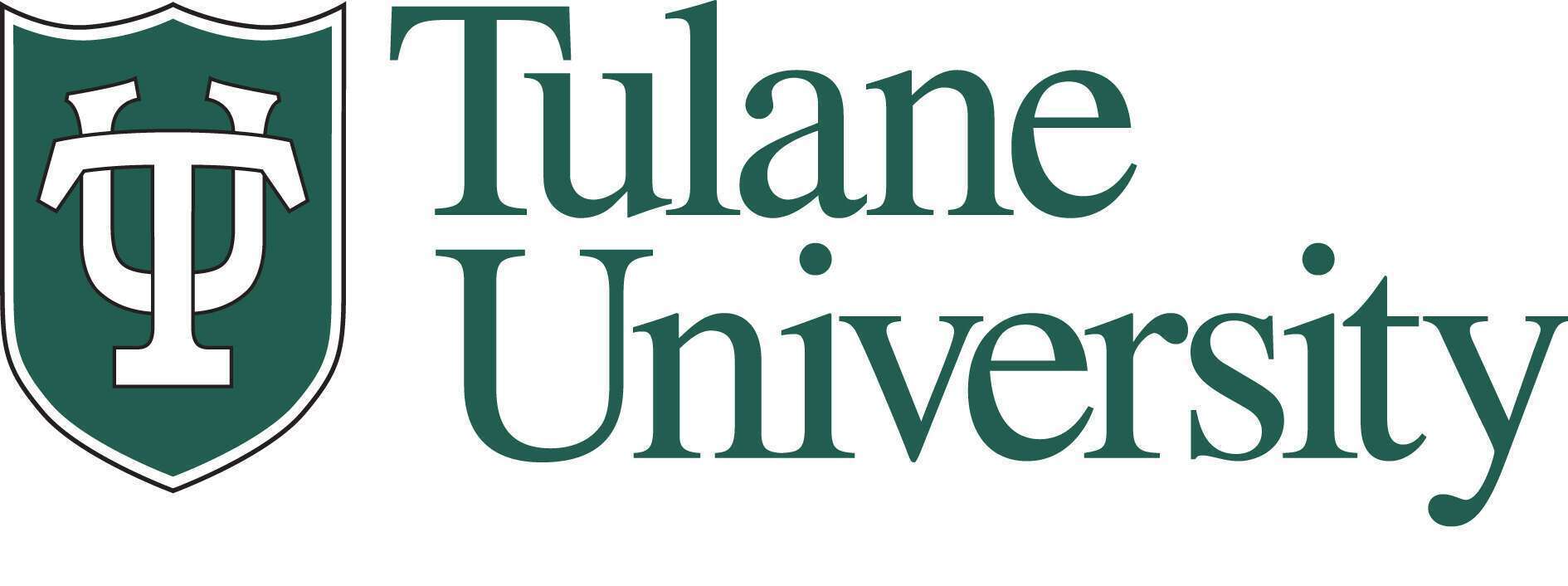
|
36th ANNUAL MEETING OF THE ASSOCIATION FOR ISRAEL STUDIES |

Conference Theme
The Program Committee of the 36th Annual Conference of the Association for Israel Studies invites scholars conducting research on any aspect of Israel Studies to submit proposals for organized panels and individual papers. Of special interest are proposals relating to the conference theme: “American Jewry and Israel: Intersections and Connections between Homelands and Diasporas.” This year’s venue is Tulane University in historic New Orleans, known worldwide for its fabulous food, music and atmosphere. The conference coincides with the launch of Tulane’s Stuart and Suzanne Grant Center for the American Jewish Experience, which seeks to better integrate the study of American Jewry into that of world Jewry.
In 1950, David Ben-Gurion and Jacob Blaustein, head of the American Jewish committee, met at the King David Hotel to clarify “some confusion and misunderstanding… as regards the relationship between Israel and the Jewish communities abroad, in particular that of the United States.” Ben-Gurion assured American Jews, who were concerned about charges of dual loyalty, that there was no expectation that all Jews would move to Israel and that American Jews had “no political allegiance to Israel.” For his part, Blaustein held up Israel as “a stronghold of democracy” that aligned with President Truman’s vision of the world and assured Ben-Gurion that American Jews could offer help and advice to Israel but would not attempt to interfere in their internal affairs.
Today, 70 years later, twenty-first century Israel and America have not only changed their once-conventional discourse on homeland and exile, they have also forged new kinds of relationships in all sectors of society. This conference will seek to explore all facets of these relationships: How can we account for the changing relationship between American Jewry and Israel, where alarms repeatedly sound over ‘the divide’ and “distancing” between Israel and American Jewry? What in the Ben-Gurion-Blaustein pact has changed, and what has remained constant? How, historically, have the two largest Jewish communities in the world interacted with one another both before and since that agreement? How have world events and Jewish trends redefined this relationship?
Program Committee
Conference Co-Chairs:
Michael Cohen and Brian Horowitz (Tulane University)
Conference Coordinator:
Ari Ofengenden (Tulane University)
Anthropology
Dan Rabinowitz (Tel Aviv University) & Judith L. Goldstein (Vassar College)
Architecture
Sharon Ayalon (Cornell Tech) & Yehotal Shapira (Technion Israel Institute of Technology)
Arab-Israeli Conflict and Efforts at Cooperation
Galia Golan (IDC Herzliya) & Menna Abukhadra (University of Cambridge/Cairo University)
Arab Society in Israel
Faisal Azaiza (University of Haifa) & Ilana Kaufman (The Open University of Israel)
Communications
Anat Ben-David (The Open University of Israel) & Yoram Peri (University of Maryland)
Education
Niva Dolev (Kinneret Academic College) & Yuval Jobani (Tel Aviv University)
Entrepreneurship (social, business, environmental)
Harry Yuklea (The Hebrew University of Jerusalem)
Film, Theater and Arts
Nina Spiegel (Portland State) & Yael Katzir (Beit Berl Academic College)
Gender Studies
Orna Sasson-Levy (Bar-Ilan University) & Sylvie Fogel Bijauoi (College of Management)
Hebrew Literature
Yael Dekel (Ben-Gurion University of the Negev) & Yael Halevi-Wise (McGill University)
Historical and Cultural Geography
Havatzelet Yahel (Ben-Gurion University of the Negev)
History
Meir Chazan (Tel Aviv University) & Orit Rozin (Tel Aviv University)
International Relations
Emanuel Adler (University of Toronto) & Joanna Dyduch (Jagiellonian University in Poland)
Israel & Diaspora Relations
Gur Alroey (University of Haifa), Sara Hirschhorn (Northwestern University) & Zohar Segev (University of Haifa)
Law
Mohammed Wattad (Zefat Academic College) & Pnina Lahav (Boston University)
Political Science
Ayelet Harel-Shalev (Ben-Gurion University of the Negev) & Csaba Nikolenyi (Condordia University)
Public Administration and Public Policy
Alon Tal (Tel Aviv University) & Lihi Lahat (Sapir College)
Religious Studies
Lilach Rosenberg Friedman (Bar-Ilan University) and Nechumi Yaffe (Princeton University)
Security Studies
Ofra Ben Ishai (The Open University of Israel) & Ron Hassner (UC Berkeley)
Sociology
Aziza Khazzoom (Indiana University) & Gili Drori (The Hebrew University of Jerusalem)
Zionism
Rachel Fish (Foundation to Combat Anti-Semitism) & Johannes Becke (Hochschule Für Jüdische Studien, Heidelberg)

